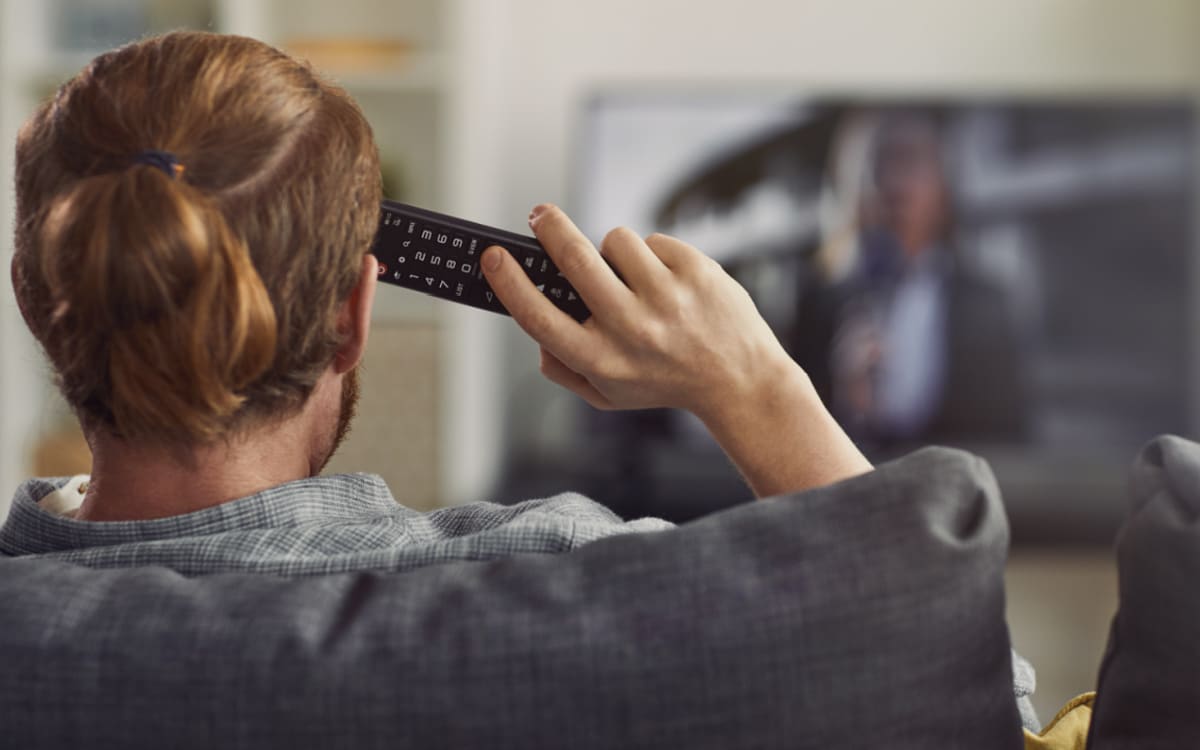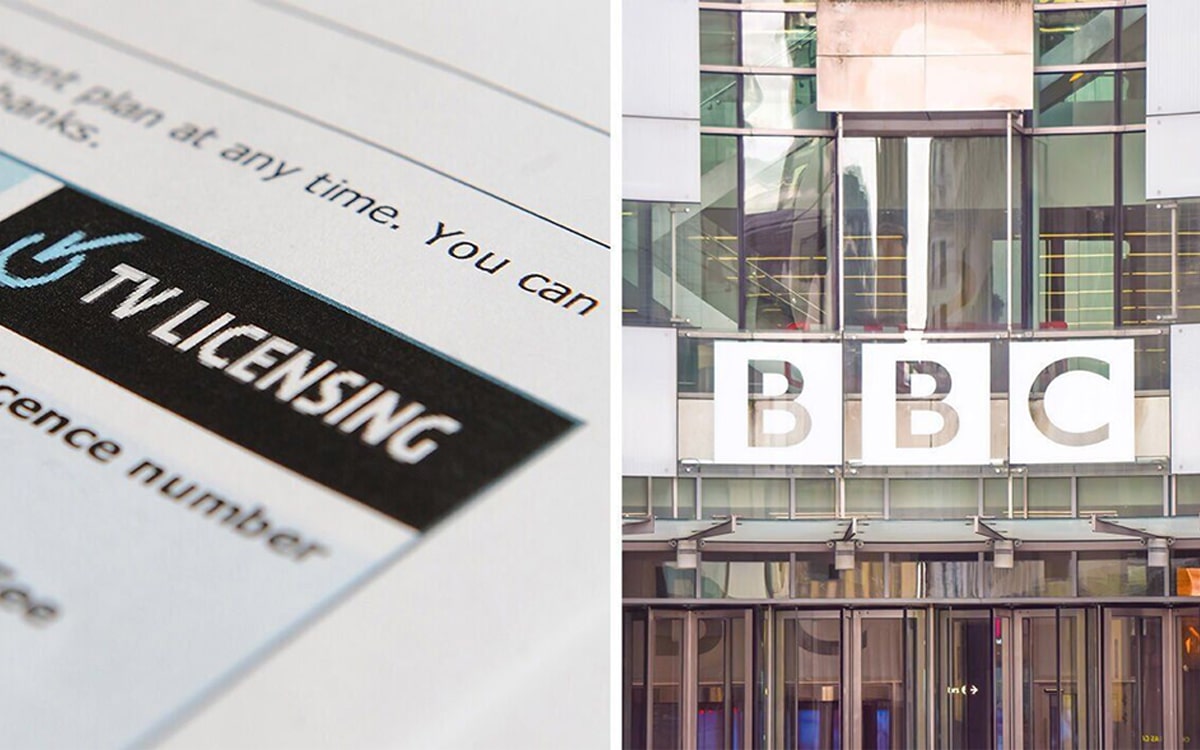It can be so confusing that you’ve found yourself reading this article! Wondering whether you need to get a TV licence every time you buy a new TV? Then you’ve come to the perfect place.
In this article, we’ll help you to make sense of the TV licensing guidelines. So you can find out what you need to do with your new TV.
Do You Need To Get A TV Licence Every Time You Buy A New TV?
Technically speaking, you don’t need to grab a TV licence every time you buy a new TV. If you’re not planning on watching or recording live TV from the BBC, then you do not need a TV licence. You also do not need to sign up for a new TV licence if you are simply replacing your existing TV with a new model.
If you don’t watch live TV or BBC content, then you don’t need to get a new TV licence along with a new TV. A TV licence covers an entire address. Any TV you use within the premises is covered!
Your TV licence is registered to your home, and not to the TV model that you are using!
Do You Need A TV Licence For Every TV Under Your Roof?
No. The name “TV Licence” can be somewhat deceptive in this regard. You don’t need a separate TV licence for every single TV screen in your home. Your TV licence simply enables you to legally access live TV on any device within your home.
This means you don’t have to worry about grabbing a new TV licence every time you grab a new TV for each room in your home.
Can A TV Licence Cover A Second Home?
This is where things can become a little bit more confusing. If you have a second home, and you plan to watch live TV from a TV screen, then you will need a separate TV licence. You also cannot simply transfer your TV licence to cover whichever home you are currently staying in. This will not be accepted.
However, there is an exception to this rule! If the device you are planning to watch TV from is self-powered, then you are covered by your TV licence. This is what enables you to stream BBC iPlayer content even while away from home. If you are watching live TV from a smartphone, tablet, or other battery-powered device, in your second home, then you will not need a separate TV licence.
Do You Need A TV Licence To Access BBC iPlayer?
If you’ve purchased a brand new TV, but you’re not planning on watching any live TV, then you do not need a TV licence. However, if you’re instead hoping to catch up with BBC content by streaming it on BBC iPlayer, you will still very much need a TV licence!
You need your TV licence to be registered to your main home address to allow streaming from BBC iPlayer. This also includes streaming and downloading onto a portable device. Don’t assume that, just because you are not home, you don’t need a licence to cover remote streaming!

Can A TV Licence Cover A Student Living Away From Home?
This is another area of confusion for many people. If you are sending a student off to university with a new TV to make use of, they will need to be covered by their own TV licence. Any device that is hooked up to mains electricity that plans to access BBC content or live TV must be licenced to the address it occupies.
However, if a student is moving out from home, they can still be covered by their parent’s TV licence, if they are accessing content through a battery-powered device.
A good rule of thumb to keep in mind is that any device plugged into mains needs to be covered by a TV licence associated with the address where the mains electricity is being used!
It’s best to always keep in mind that a TV licence is designed to cover the address that it is registered to, not to an individual, or a specific TV model!
Frequently Asked Questions
Do You Need A TV Licence Every Time You Buy A New TV?
No. If you already have a TV licence, you won’t need to buy a new TV licence for a new TV. TV licences are registered to an address, and not just a single TV model. If you do not yet have a TV licence, and you want to enjoy BBC content, you will need a TV licence.
How Often Do You Need To Buy A TV Licence?
Unfortunately, a TV licence is not simply a one-time purchase. In order to be covered by a TV licence, you will need to make a payment every 12 months. This can be done via direct debit so that you can seamlessly transition from one year to the next, without needing to enter your details!
Will My TV Licence Automatically Renew?
Yes. TV licence payments are taken every 12 months. When collection time arrives, your payment is taken via direct debit. This means you don’t have to whip out your card again just to make your TV licence payment. You can choose to pay for your TV licence manually every 12 months. But this adds a lot of extra trouble!
Has Anyone Ever Been Fined For Not Having A TV Licence?
Absolutely. Though one might assume it would be easy to get away with avoiding a TV licence, it’s not possible. Every week, more than 1,000 people are fined for not paying their TV licence. If you want to avoid a hefty fine, you’re better off paying your TV licence fee each year!






0 Comments